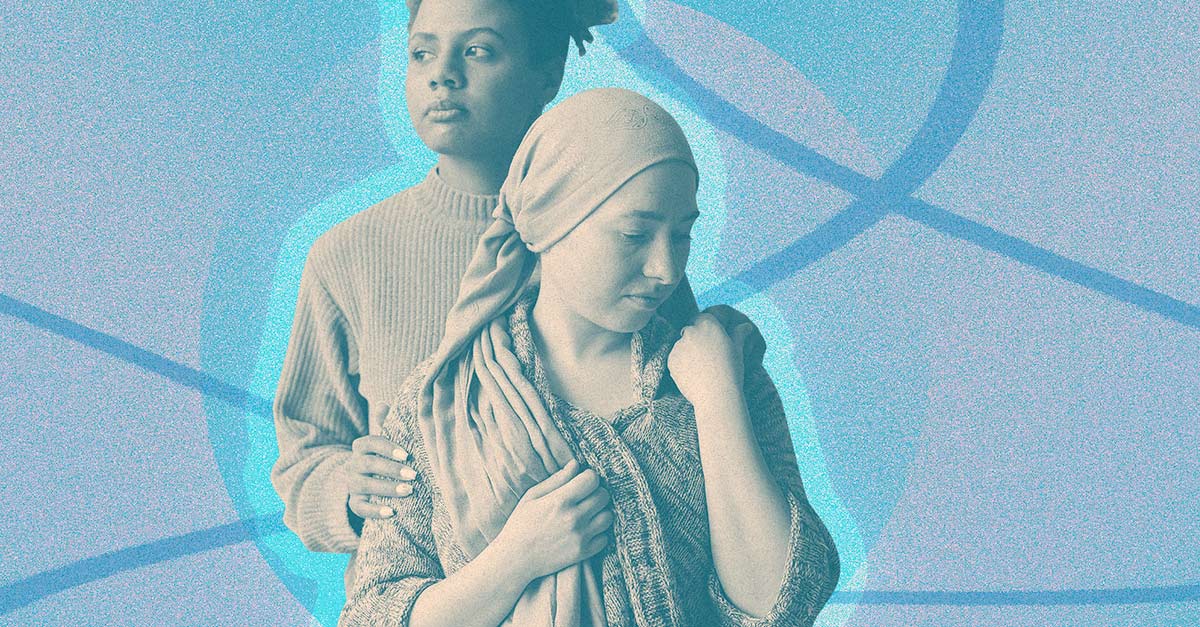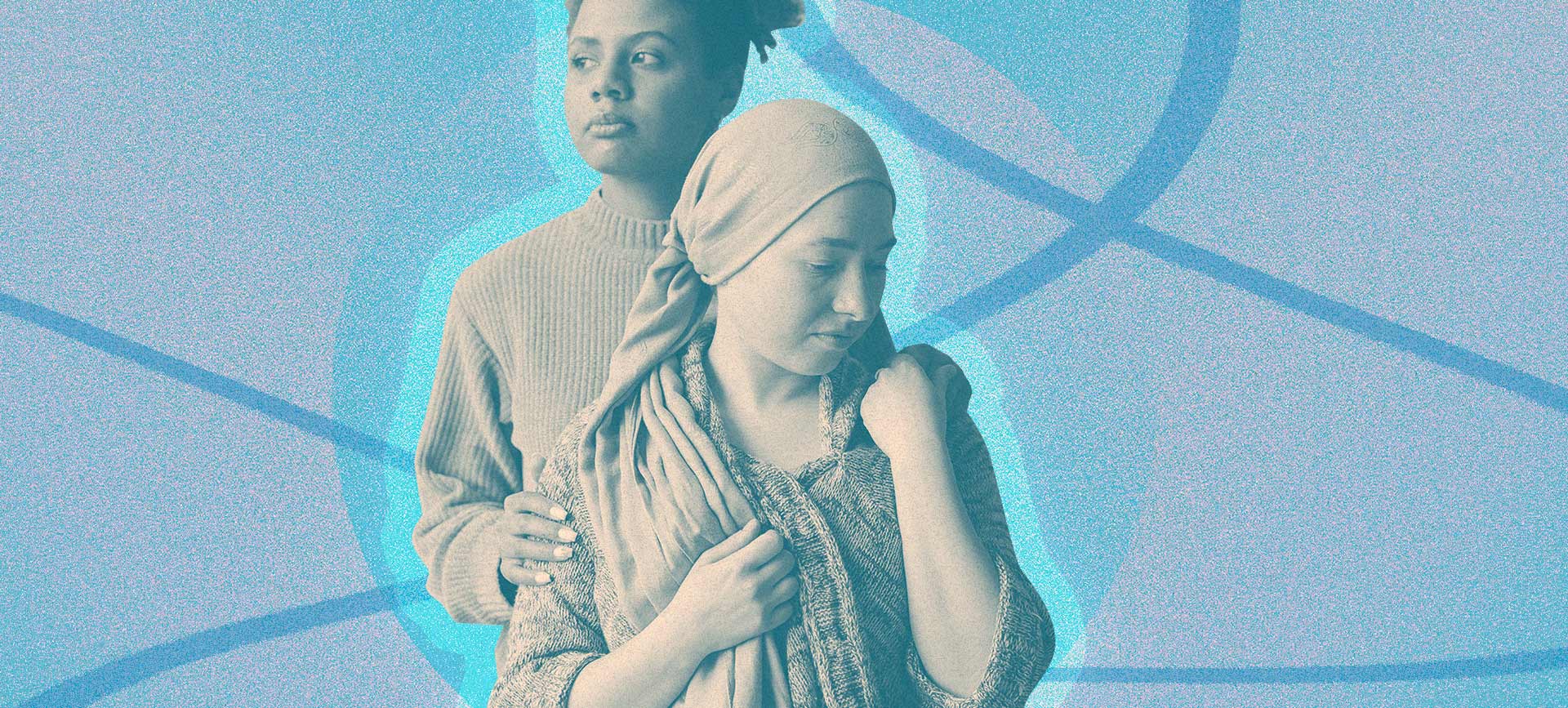When most people learn they have cancer, they may take it as a death sentence or become filled with the fear and uncertainty of not knowing their fate.
"It is important [for] the people who support the newly diagnosed to understand that there will be a vast range of emotions, including anger, resentment, sadness, disappointment, blame and shame," explained Jennifer Kowalski, a licensed professional counselor specializing in grief and loss who practices at Thriveworks in Cheshire, Connecticut.
"There's no 'good' kind of cancer to have, but cervical cancer has an extra layer of hard, making it even harder to support," said Bethany Hart, a small-cell cervical cancer survivor and peer mentor with Iris by OncoHealth, a telehealth service based in Indianapolis. "A loved one with cervical cancer may experience a lot of bowel and bladder issues and side effects, which for me, invoked feelings of embarrassment and shame. It's a very loaded diagnosis."
Since cervical cancer rates can decline with the use of the HPV vaccine and routine Pap smears, it is possible for people diagnosed with cervical cancer to feel shame or blame for not seeking preventive treatment, Kowalski pointed out.











